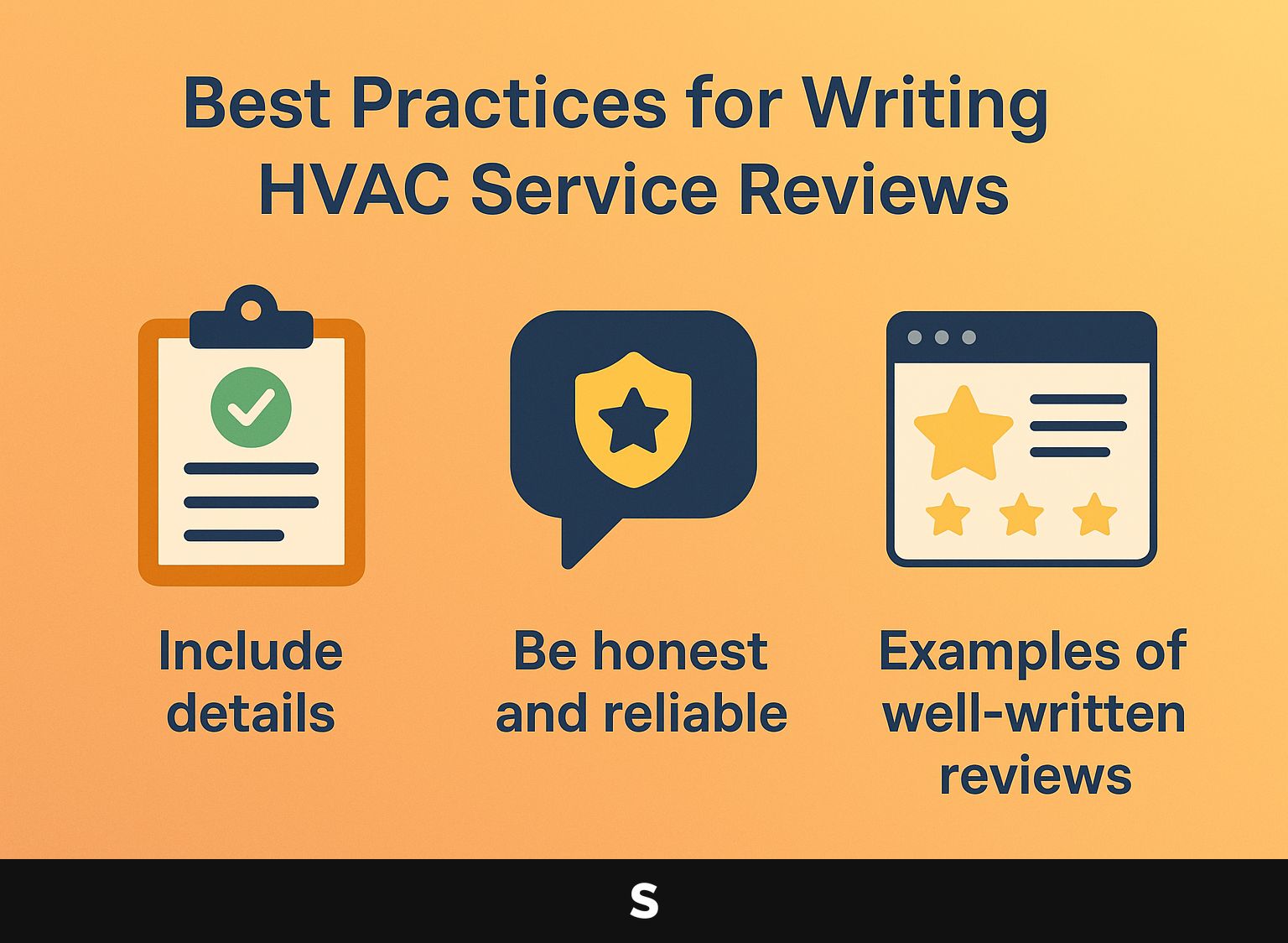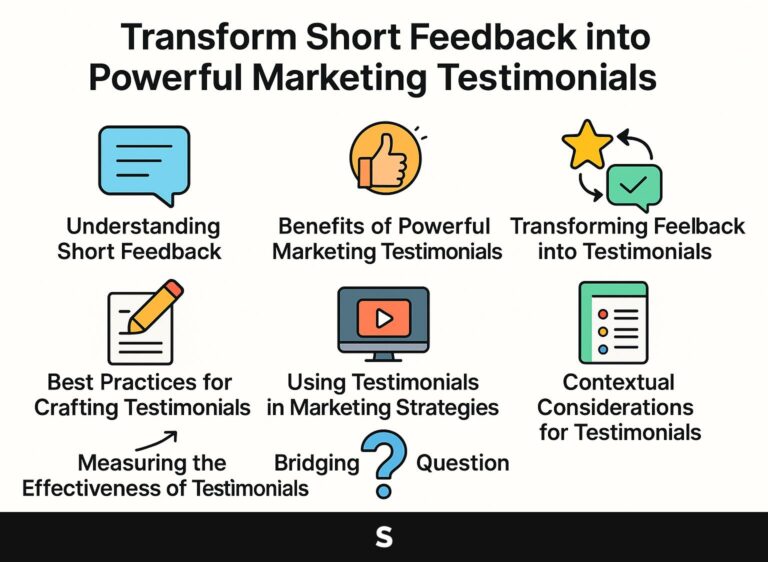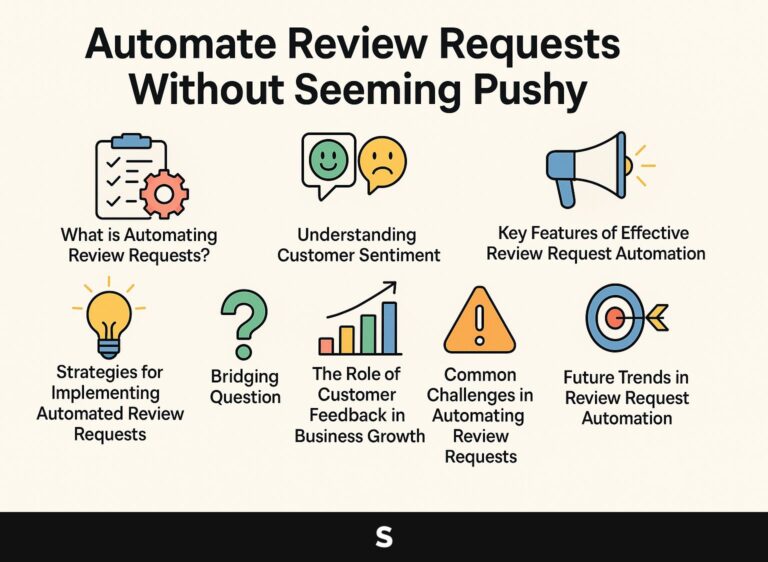HVAC Service Reviews That Emphasize Reliability and Honesty
When your HVAC system falters, your priority is a fast, honest solution without hidden costs. This article examines HVAC service reviews, highlighting reliable and trusted HVAC brands like Trane, building consumer trust through openness. We’ll look at how to find trustworthy services, supported by actual customer feedback and data from Consumer Reports.
We will look at products that save energy, providing you with the details you need to make choices that protect your home and money.
Key Takeaways:
- Reliability in HVAC services is important because it influences results and helps earn customer trust.
- Honesty is critical in HVAC service reviews, and customers can identify honest providers by looking for fair pricing and transparent communication.
- Well-written HVAC service reviews can help customers find reliable and honest providers, and advocate for better service practices in the long run.
- HVAC Service Reviews – What are they?
- Importance of Reliability in HVAC Services
- Honesty in HVAC Service Reviews
- Customer Experiences with HVAC Services
- How do HVAC service reviews influence customer trust?
- Cost Concerns in HVAC Services
- Best Practices for Writing HVAC Service Reviews
- Regular Steps for HVAC Services
- Final Thoughts on HVAC Service Reliability and Honesty
- Frequently Asked Questions
- 1. What can I expect from HVAC service reviews that emphasize reliability and honesty?
- 2. How can I make sure I am hiring an HVAC service company that is reliable and honest?
- 3. What are some red flags to look out for when reading HVAC service reviews?
- 4. Can reliability and honesty be measured in HVAC service reviews?
- 5. Is it important for an HVAC service company to prioritize reliability and honesty?
- 6. What are some other benefits of HVAC service reviews that emphasize reliability and honesty?
HVAC Service Reviews – What are they?
HVAC service reviews are important for customers, helping them make informed choices about home comfort by sharing experiences with different HVAC providers.
1. How do HVAC service reviews impact customer decisions?
Customer decisions are significantly influenced by HVAC service reviews, which encapsulate user experiences that highlight reliability, service quality, and pricing fairness.
Studies show that 84% of consumers trust online reviews as much as personal recommendations. For instance, a local HVAC company saw a 30% increase in customer inquiries after implementing a system to encourage feedback post-service.
Tools like Google My Business and Yelp are essential; they allow businesses to showcase positive reviews prominently. Reacting quickly to negative feedback and resolving issues shows dedication to keeping customers happy, which can make people think more positively about the brand.
By carefully handling their online reputation, HVAC brands can build trust and increase their business.
2. What elements make an HVAC service review reliable?
Reliable HVAC service reviews usually cover specific details about service experiences. These include the speed of service, clear pricing, and the professionalism of the technicians.
Reliable reviews often mention technician qualifications, including certifications like NATE (North American Technician Excellence), which guarantee better service. Consumers should also look for detailed narratives that explain the specific issues addressed and how they were resolved.
To gauge reliability, consider these key components:
- Check for balanced feedback
- Look for timestamps on reviews
- Prioritize services with consistent ratings across multiple platforms
A checklist might include:
- Technician qualifications
- Service outcome comparisons
- Customer follow-ups
Importance of Reliability in HVAC Services
Consistent HVAC services make sure that homeowners experience steady performance and quality, directly affecting their comfort and happiness.
1. What does reliability mean in HVAC services?
In HVAC services, reliability encompasses timely service, effective repairs, and consistent performance of heating and cooling systems.
An important measure of HVAC reliability is the Seasonal Energy Efficiency Ratio (SEER), which shows how well a cooling system works. Aim for units with a SEER rating of 14 or higher for optimal performance.
Regular maintenance checks, ideally twice a year, help identify potential issues before they escalate. Pick service providers that offer maintenance plans because these often include quicker appointments and savings on repairs, ensuring you always have heating or cooling when you need it.
2. How can reliability affect service outcomes?
Reliable HVAC services result in better system performance, lower energy bills, and happier customers, which helps build long-term relationships between clients and service providers. Regular maintenance checks help HVAC systems last longer and cut down on emergency repairs.
Clients who engage with dependable service providers, like HVAC companies offering seasonal tune-ups, report savings of up to 30% on energy bills.
Tools like intelligent thermostats can improve energy use. When used with expert services, they help maintain efficient performance and provide information for changes. This active method makes systems operate at their best, improving comfort and saving money.
3. Examples of reliable HVAC service experiences
Real-life stories of trustworthy HVAC services show how honesty and openness build customer trust.
For instance, customers of B&W Heating, Cooling, Plumbing, Electric often rave about their quick response times and upfront pricing. One client noted how a malfunctioning AC system was repaired within just a few hours of calling, a service often praised for being punctual and professional.
Another testimonial highlighted the company’s commitment to honesty, where a technician advised a few minor adjustments instead of upselling unnecessary repairs. These experiences highlight the importance of trusting service quality, positioning B&W as a top choice in the HVAC industry.
Honesty in HVAC Service Reviews
It’s important that HVAC service reviews are truthful to help customers trust the service and help them choose the right options for home comfort.
1. Why is honesty critical in HVAC service reviews?
Honest HVAC service reviews give clear information about service experiences, which is important for helping potential customers make informed decisions.
Negative experiences often stem from customers receiving inadequate service, leading to one-star reviews that can tarnish a company’s reputation. For example, if an HVAC company has many complaints about slow service, potential clients may reconsider hiring them.
On the other hand, positive comments can show professionalism and fast responses, building trust and bringing in new business. To handle your online reputation, ask happy customers to write reviews and respond quickly to negative comments to show you are dedicated to getting better.
2. How can customers identify honest HVAC service providers?
Customers can find trustworthy HVAC service providers by checking for regular positive reviews on different platforms and evaluating how clear their service options are.
To continue assessing HVAC companies, look for NATE certification. This shows that the technicians are qualified and have practical experience.
Reading verified customer reviews on platforms like Angie’s List or Yelp can reveal the provider’s track record in honesty and reliability. Compare service warranties; those offering longer periods often reflect confidence in their work.
Be wary of red flags, such as high-pressure sales tactics and unusually low estimates-these can suggest potential problems down the line.
3. Common tactics used by dishonest HVAC companies
Dishonest HVAC companies often employ tactics such as upselling unnecessary services, which can lead to customer dissatisfaction and mistrust. To safeguard yourself, start by asking for a written estimate before any work begins.
When a technician recommends services, request a detailed explanation along with their estimated costs. Research typical costs for repairs in your area using resources like HomeAdvisor or Angie’s List.
If pressure selling occurs, remain firm and consider getting a second opinion. Check online reviews on platforms like Yelp or Google to gauge a company’s reputation. This proactive approach will help you make more informed decisions and avoid potential scams.
Customer Experiences with HVAC Services
When HVAC technicians visit, customer feedback often points out important issues that influence their views on the trustworthiness and quality of the service.
1. What are common customer concerns during HVAC service calls?
Common customer concerns during HVAC service calls include issues related to pricing transparency, technician knowledge, and the timeliness of service. To address pricing transparency, HVAC companies can provide upfront estimates and breakdowns of costs.
For example, using software such as ServiceTitan can help make sure that charges are clearly communicated. To improve what technicians know, think about holding regular training sessions and certifications; for instance, working with groups like NATE can help make service better.
Timeliness can be addressed by implementing a scheduling tool like Housecall Pro, which allows customers to receive real-time updates on technician arrivals. By proactively addressing these concerns, you can build trust and improve customer satisfaction.
2. How do customer reviews reflect service integrity?
Customer reviews serve as a mirror reflecting the integrity of HVAC service providers, often highlighting both positive experiences and areas needing improvement.
For example, a company like XYZ Heating & Cooling noticed a pattern of complaints about their response time. By analyzing customer feedback, they implemented a new scheduling system, reducing call-back times by 30%. This change was reflected in subsequent reviews, which praised their efficiency.
Similarly, ABC HVAC Service used customer comments to identify that their technicians were often late to appointments. They initiated mandatory time-management training, resulting in better on-time performance and improved customer satisfaction ratings.
Useful information from reviews can directly result in important changes in operations.
3. Case studies of reliable and honest HVAC service reviews
Case studies of HVAC service reviews from providers like Trane and Carrier showcase how transparency and reliability directly correlate with customer satisfaction and brand loyalty.
For instance, Trane has implemented a customer feedback system where service technicians follow up post-installation. This direct communication led to a 20% increase in positive reviews on platforms like Yelp and Google.
Carrier uses survey tools like SurveyMonkey to measure how satisfied customers are with their service. They reported a 15% uptick in repeat customers.
Both methods show that investing in feedback systems improves service quality and strengthens long-term customer relationships.
How do HVAC service reviews influence customer trust?
HVAC service reviews fundamentally influence customer trust, acting as critical touchpoints that guide homeowner decisions on whom to hire for heating and cooling services.
Research indicates that 84% of people trust online reviews as much as personal recommendations. This is particularly pertinent in the HVAC industry, where a single negative review can dissuade potential customers.
For instance, brands like Trane or Carrier often showcase their high ratings prominently on their websites. Tools such as Google Reviews and Yelp provide platforms where customers can leave detailed feedback, further shaping brand loyalty.
To build a strong reputation, HVAC companies should ask happy customers to write reviews. This helps keep a steady flow of positive feedback, which builds trust.
Cost Concerns in HVAC Services
Worried about costs, people reading HVAC service reviews often look for clear prices and good service.
1. What role does pricing play in HVAC service reviews?
Pricing is important in HVAC service reviews because customers often look at the cost versus the quality of service and honesty.
When customers perceive a service as fairly priced, they are more likely to leave positive reviews. For example, an HVAC repair costing $150 may get good feedback if the technician knows their job well and fixes the problem properly.
Tools like Yelp and Google Reviews often reveal patterns-services that maintain transparency in pricing typically score higher. Providing clear estimates or pricing charts can build trust. For example, showing average costs for common repairs can make charges more transparent and increase customer satisfaction.
2. How to assess value versus cost in HVAC services?
Evaluating the value and cost of HVAC services means customers should look at the results of the service, the warranty provided, and the long-term advantages.
Begin by evaluating the immediate service costs, including installation and repair fees, then project potential savings from increased efficiency. For instance, a high-efficiency HVAC unit may cost $5,000 upfront but save $1,200 annually on energy bills, often paying for itself in just over four years.
Consider maintenance contracts that typically range from $150 to $300 annually. These contracts help the system last longer and can stop expensive emergency repairs. Finally, considering these factors will guide you to a wise investment decision.
3. Strategies for finding fair pricing in HVAC services
To find a reasonable cost for HVAC services, look up information, obtain multiple quotes, and read customer reviews.
Start by using consumer reports or online review platforms like Angie’s List to evaluate HVAC providers in your area. These resources give information about pricing patterns and how happy customers are.
Next, collect at least three quotes from different service providers to compare prices directly. It’s also beneficial to ask if any seasonal promotions are available, as many companies offer discounts during off-peak seasons.
Check the ACCA (Air Conditioning Contractors of America) guidelines to make sure quotes follow accepted practices and equipment works well.
Best Practices for Writing HVAC Service Reviews
When writing helpful HVAC service reviews, explain your experience and give feedback that can help others who might use the service.

1. What should customers include in their HVAC service reviews?
Customers should provide clear information like service dates, names of technicians, and specific results to improve the quality of their HVAC service reviews.
Reviews should address the quality of service provided, noting any particular challenges encountered and how they were resolved.
For instance, mentioning if the technician arrived on time and acted professionally can significantly affect the decisions of later customers.
It’s also helpful to comment on the effectiveness of any repairs or maintenance performed, such as improved system performance or reduced energy bills. Adding these parts makes the review better and gives useful information to other possible customers.
2. How to effectively communicate reliability and honesty in reviews?
Effectively communicating reliability and honesty in HVAC reviews involves using clear, concise language to describe service experiences authentically.
Begin by mentioning the exact details about the service you got, like the technician’s on-time arrival, professional behavior, and skill level. For instance, mention if a technician arrived on time and explained the repair process thoroughly.
Use concrete examples like a positive experience with routine maintenance versus a costly emergency repair to illustrate your points.
Tools such as customer review platforms like Yelp or Angie’s List can filter genuine testimonials, ensuring a balanced view. Avoid vague phrases; instead, rely on metrics, such as completion times or pricing, to support your claims.
3. Examples of well-written HVAC service reviews
To help people choose wisely, reviews of HVAC services should be clear, thorough, and truthful. To write effective reviews, concentrate on a few important parts. Start with specific details about the service, such as responsiveness and professionalism.
Describe your experience by using concrete examples, such as mentioning how quickly the technician arrived or faults they repaired. Including measures, like energy savings shown after the service, builds trust.
Use well-known sites like Google Reviews or Yelp, which provide simple ways to share your thoughts and help make your review fair by mentioning both the good and bad points. This clear method builds trust and helps potential customers make more informed decisions.
Regular Steps for HVAC Services
Industry standards for HVAC services are key measures that determine how dependable, effective, and satisfactory services are for customers in the industry.
1. What are the industry standards for HVAC reliability and honesty?
The industry standards for HVAC reliability and honesty encompass guidelines for service delivery, performance metrics, and ethical practices.
Key organizations like the Air Conditioning Contractors of America (ACCA) and the American Society of Heating, Refrigerating and Air-Conditioning Engineers (ASHRAE) set forth these standards. They focus on consistent upkeep plans, clear pricing, and qualified technician credentials to provide reliable service.
For example, ACCA promotes the Quality Assured program, which encourages contractors to adhere to strict service guidelines and customer feedback mechanisms.
By selecting HVAC providers that align with these organizations’ standards, consumers can make informed decisions, ensuring greater reliability and satisfaction.
2. How do certifications impact HVAC service reliability?
Certifications, like NATE certification, are important for proving the skills of HVAC technicians and the quality of their work, helping to make HVAC services dependable.
This validation builds customer trust because clients know that technicians have completed thorough training and tests.
For instance, a NATE-certified technician has demonstrated proficiency in installation, service, and maintenance across various HVAC systems. Certifications often require continued education, ensuring that technicians remain updated on industry advancements and best practices.
Consequently, customers can expect high-quality service that adheres to established standards, reducing the likelihood of costly repairs or system inefficiencies down the line.
3. Trends in HVAC service reviews and customer expectations
Emerging trends in HVAC service reviews reveal increasing customer expectations for transparency, energy efficiency, and exceptional service quality.
Customers now prioritize clear communication regarding energy savings and upfront pricing. For example, service providers can increase openness by clearly explaining energy-saving products, like units with high SEER ratings, and giving detailed estimates.
Showcasing customer testimonials related to service excellence can build trust. Tools like Google My Business and Yelp allow businesses to manage feedback effectively, enabling a proactive approach to service improvement.
By addressing customer concerns head-on and focusing on green practices, HVAC companies can stay ahead in a competitive marketplace.
Final Thoughts on HVAC Service Reliability and Honesty
Being dependable and truthful in HVAC services is key to building lasting customer relationships and providing the best home comfort.
1. How can customers advocate for better HVAC service practices?
Customers can advocate for better HVAC service practices by sharing their experiences, supporting reliable providers, and demanding transparency from service providers.
Writing thorough reviews on sites like Google or Yelp is a good way to support others. This can guide new customers and make sure businesses act responsibly.
Consider joining local consumer advocacy groups or online forums, such as Reddit’s r/HomeImprovement, where you can share concerns and experiences with others.
Working with industry groups, such as the Air Conditioning Contractors of America (ACCA), can help make your opinions heard, as they often work to improve service standards.
Collectively, these actions can drive meaningful change in the HVAC industry.
2. What are the long-term benefits of choosing reliable and honest HVAC services?
Picking trustworthy HVAC services brings lasting benefits, like better system performance, saving on energy, and happier customers.
A study by Energy Star found that regular maintenance can improve HVAC efficiency by up to 30%, resulting in substantial savings on energy bills.
Customers who return often are more likely to suggest reliable technicians, helping to build a trusting community. To get good service, choose companies that have NATE certification and good online reviews.
Maintaining your system regularly helps it last longer and prevents expensive emergency repairs. Investing in a trustworthy service provider now is a wise financial choice.
Frequently Asked Questions
1. What can I expect from HVAC service reviews that emphasize reliability and honesty?
You can expect reviews that highlight the trustworthiness and dependability of the HVAC service company. These reviews will focus on the company’s ability to provide honest and reliable service, without trying to upsell unnecessary products or services.
2. How can I make sure I am hiring an HVAC service company that is reliable and honest?
A good way to do this is by reading feedback from past customers. Look for reviews that specifically mention the company’s honesty and reliability, and pay attention to any patterns or consistent themes in the reviews.
3. What are some red flags to look out for when reading HVAC service reviews?
Be wary of reviews that mention any dishonest or unreliable behavior from the company. For example, reviews that mention hidden fees or unnecessary upselling may indicate a lack of honesty from the company.
4. Can reliability and honesty be measured in HVAC service reviews?
While individual experiences may vary, there are certain indicators that can suggest a company prioritizes reliability and honesty. Look for reviews that mention fair pricing, timely service, and clear communication from the company.
5. Is it important for an HVAC service company to prioritize reliability and honesty?
Absolutely. Reliability and honesty are important in any service-related field. For HVAC services, the company should be open and truthful with their customers. This builds a strong foundation of trust and can lead to long-term customer relationships.
6. What are some other benefits of HVAC service reviews that emphasize reliability and honesty?
Reviews that are honest and reliable can assure potential customers. They can also help the company improve their services and maintain a good reputation. It also encourages other customers to leave honest reviews, creating a community of transparency and trust.





